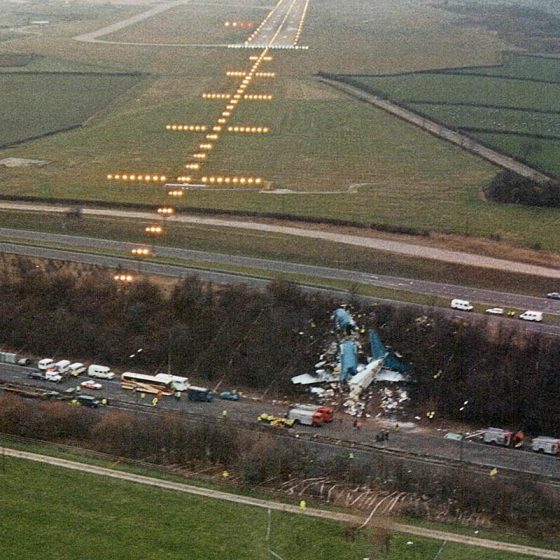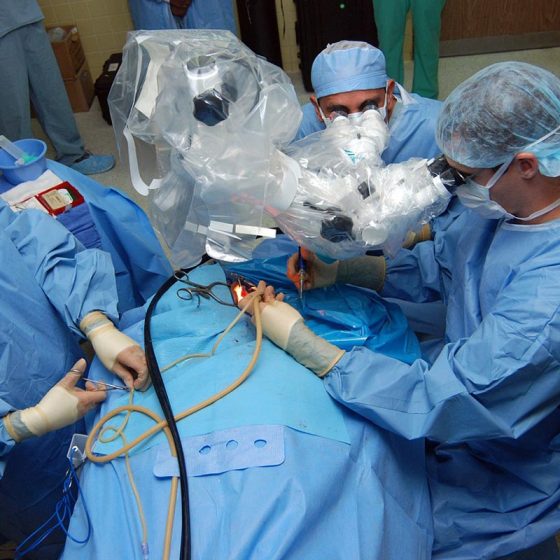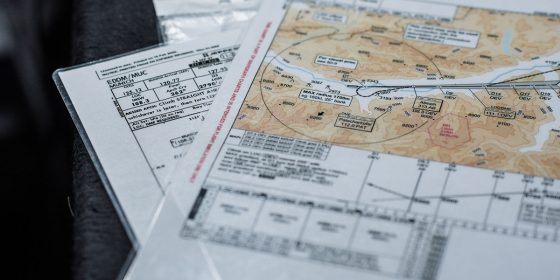You may think that there are few parallels between flying a plane and your own business activities. Before you move on, consider the following.
What are Human Factors?
Human Factors evolved from the aviation industry where human error has been documented as a primary contributor to more than 70% of commercial aircraft accidents. Even the most highly skilled and diligent people can deliver an inconsistent performance, purely because they are human.
Human Factors is the understanding of what affects performance and behaviour in the workplace. We focus on optimising human performance through better understanding of the behaviour of individuals, their interactions with each other and with their environment. By acknowledging human limitations, Human Factors offers ways to minimise and mitigate human error and its consequences. We recognise that human error is inevitable and that the team is the greatest asset to achieving success.
The aviation industry has gained a considerable knowledge about the limiting factors to human performance – and significant insights into how to use errors, failures and accidents as learning tools. Within aviation, error is vital as the driver for change and improvement in safety culture. There is a growing recognition of the role of Human Factors within the safety culture of other industries such as health care, construction, transport and engineering. In reality, Human Factors impacts on the way people in all businesses communicate, make decisions and deal with emergencies.
What is Human Factors Training?
Human Factors training differs from traditional safety training in that the focus is on the cognitive and interpersonal skills needed to effectively manage a team-based activity rather than the technical knowledge and skills required to perform specific operations.
Our Human Factors training would be of benefit to anyone looking for a more effective and safer working culture.













 We only accept payment in GBP.
We only accept payment in GBP.